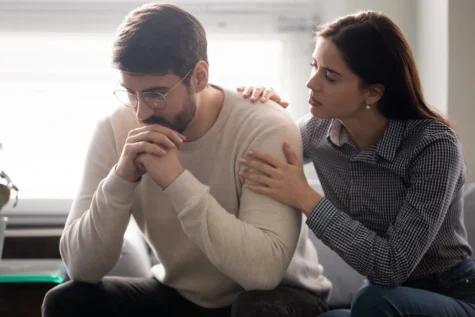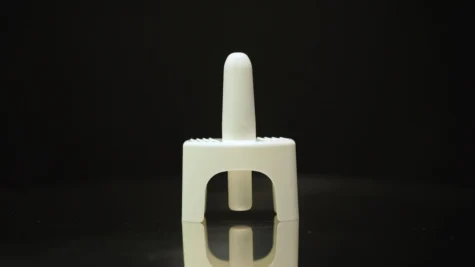While there are countless metaphors for family therapy, one could be that of a manual wristwatch (you know, not digital, perhaps like the one your grandpa used to wear). In older timepieces like a watch, when one gear gets stuck or broken, all other components struggle to function. SAMHSA (Substance Abuse and Mental Health Services Administration) describes it well in its guide on the topic: “Family therapy is based on the idea that a family is a system of different parts. A change in any part of the system will trigger changes in all the other parts.” This article will help explain the goal of family therapy–to help the entire family heal.
What is the Definition of Family?
Family means many things to many people, and it can get complicated quickly. For therapy, many counselors and therapists like SAMHSA’s simple definition: “‘Family’ means a group of two or more people with close and enduring emotional ties.” This opens the door to all kinds of relationships that are important to us. It could include immediate and extended family, mentors, neighbors, close friends, and more. Many therapists ask, “Who is most important to you?” which helps guide therapy sessions.
What is the Primary Goal of Family Therapy?
The primary goal of family therapy is to help the entire family unit heal. That might sound a little vague, so let’s simplify it into three main areas:
- Improve how we talk and interact with each other. Most families have communication patterns that are deeply ingrained for any number of reasons, and it may take some work to rewire our interactions. Many families might also have relational conflicts. Bringing awareness to these patterns and conflicts and teaching coping and communication skills is an important goal of family therapy.
- Provide a supportive environment for change. Healing and behavior change can be hard to do alone, and family therapy can become a safe space for everyone. When you are so deeply involved, it is sometimes hard to see where communication breaks down between family members. Having an unbiased, third-party professional to weigh in and help keep everyone on track can make things progress more smoothly. Individual therapy can run concurrently with family therapy if anyone continually gets stuck on the same topic or in a negative or broken communication loop.
- Strengthens the family unit overall. The day-to-day can be overwhelming, so having a place to regularly and openly discuss the mental health or substance use issues the family is facing can be incredibly helpful. It also gives us permission to take breaks from any of the emotions we might be feeling throughout the week. If you know you have therapy coming up, it’s easier to pause some conversations and agree to discuss them at the next session.
The goal of family therapy is not to focus solely on any one individual in the family but rather on helping families establish or reestablish a foundation for healthier, lasting relationships.
Does Family Therapy Work?
Family therapy works, and research has shown that people who attend individual therapy and family therapy achieve better outcomes. For people experiencing mental illness, family therapy can reduce stress, lower psychiatric symptoms, increase adherence to medications, and reduce relapse rates. For people experiencing addiction, family therapy encourages people to enter or stay in treatment, leads to reduced substance use, and reduces the overall risk of relapse.
What are the Latest Trends in Family Therapy?
Family therapy is getting more convenient post-COVID. Teletherapy and virtual counseling options are available, making it easier for all to access, especially those living in more rural locations or unable to travel as easily. It also opens up the option for therapy to include family members located out of state or out of the country. Another trend in therapy is trauma-informed family therapy, which focuses on adverse childhood experiences (ACEs). The goal of trauma-informed family therapy is to rebuild trust and safety in relationships and the family overall.
Family Therapy at Southern Sky Recovery
Just like the individuals we treat, families are unique and deserve an individualized approach to healing. Family therapy at Southern Sky Recovery can take many different forms. Specifically, we offer behavioral couples therapy, family systems therapy, functional family therapy, and supportive family therapy. If your family has been looking for a treatment option to support your goals, please reach out to us today to discuss what options make sense for you. You and your family deserve a fulfilling life together.



